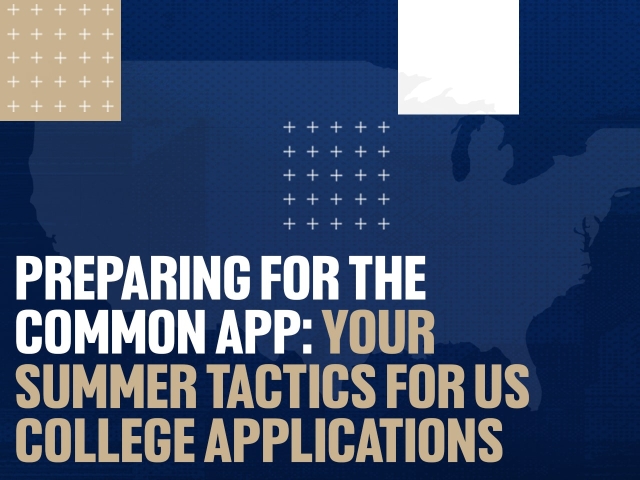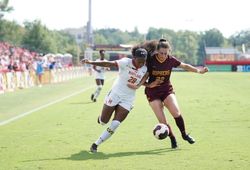Student-athletes have specific needs and concerns when it comes to choosing the right college for them. Many factors come into this decision, from the sports facilities, relationship with the coach and the level of education. Here as some tips on picking the right college for you.
To help narrow down your list of prospective colleges you need to ask yourself two questions.
What is your athletic ability?
This is very important. You want to go to a college where you will grow as an athlete. You don’t want to go somewhere that exceeds your playing ability but you also don’t want to play for a team that doesn’t challenge you.
What is your level of academics?
Academics are extremely important when it comes to coaches selecting players. They want players with good grades and work ethic. This is because if you don’t maintain a certain GPA you won't be allowed to compete. Being a student-athlete you will have to be able to balance your studies with your athletic commitments.
These questions can feel quite daunting but there is a college out there for everyone that will cater to their athletic and academic ability.
Once you have answered these questions you will be able to decide on what division college you would like to attend.
Division 1 is the top-level college athletic competition, typically larger schools with the best athletes. In division 1, sport is your life: you will have less of a chance to socialise outside of athletics and less of an opportunity to get a part-time job (in effect, sport becomes your 'job'). Division 1 attracts the largest crowds and the best sporting facilities but is a huge commitment.
Division 2 is the second level of college athletic competition. The best DII athletes are comparable to the best DI athletes but choose a DII school as it is a better fit. Similar to DI schools, the sport will play a major role in your college life and sacrifices may have to be made in regards to your social life.
Division 3 is the 3rd level of college athletics. Athletes here are typically looking for smaller schools and the opportunity to continue to compete in their sport. DIII schools don't offer athletic scholarships but other forms of financial aid can be offered. In DIII, there is more of a focus on academics and great academics are offered at most DIII programs. The best DIII athletes can usually play at the DII level.
NAIA The National Association of Intercollegiate Athletes is mostly comprised of smaller private universities. The athletic and academic standards aren’t as high as with the NCAA, and there are fewer rules about foreign athletes. This makes the NAIA a good choice for international athletes looking for scholarships.
Just because the athletic standard is lower than with the NCAA, it doesn’t mean that the NAIA isn’t competitive or is subpar. The NAIA D1 is on par with the NCAA D2.
NJCAA are 2-year community colleges. After your 2 years, you can then transfer onto a 4-year institute. The level is competitive and probably on par with DII but they are a better option for athletes that have a lower standard of academics. The junior college route is great for athletes who need to increase their grades. This option will also help the student-athlete be seen by prospective 4-year schools while in the states.
Next step - Research!
You need to do your research on not just the schools that are recruiting you but any school you think you may be interested in. Things to look at when conducting your research.
- The coaches
- The sport facilities
- Student life
- About the campus
- About the town/city
- Facilities nearby the college
- Courses and academics offered
Depending on your specific needs you can go into even more detail in your searches. You will be able to find most of the information you need online but do not hesitate to contact colleges if you have any unanswered questions.
Last steps - contact
Once you have narrowed down your list you now need to build relationships with your potential coaches. Send them emails and organise to have a phone/video meeting. You will also want to organise a campus visit so you can view the college and its facilities.
Once you have done all of this you will be able to make the most informed decision for what college is right for you.
If you need any more information on the above you can contact us at info@firstpointusa.




